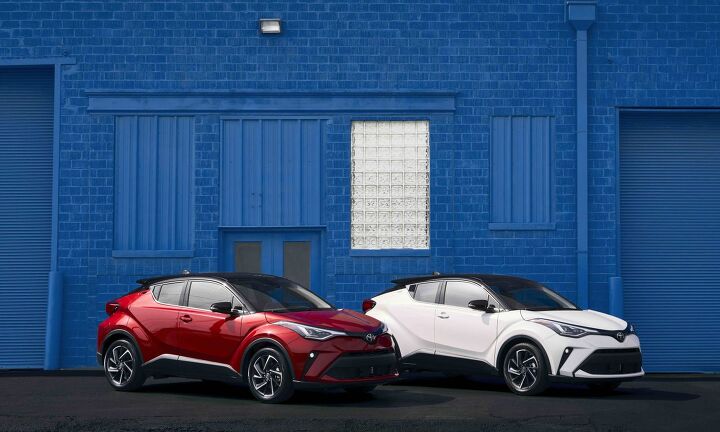#Chr
2024 Toyota C-HR Debuts Elsewhere: Does Our Market Care?
Toyota has released the second generation of the C-HR subcompact crossover and looks to have made numerous improvements to the vehicle. But it doesn’t sound like we’ll be seeing it on our market after the original model failed to resonate with North American consumers.
We also have the Toyota Corolla Cross available for purchase, resulting in some troublesome overlap. While still extremely slow in its base configuration, the Cross ended up being significantly quicker than the C-HR and offered improved utility for a little less money. However, with the new generation having addressed some of the discontinued model’s shortcomings, one wonders if the new C-HR would have a better chance were it to be shipped stateside.
RIP Toyota C-HR in USA
The Toyota C-HR appears dead in these United States, but will soldier on in Europe.
Scion Rising - If IA and IM Help, Imagine What C-HR Could Do
We haven’t held back our critique of Toyota’s handling of its Scion sub-brand.
Though Scion held such promise a decade ago, replacing the hot-selling first-generation xB with a mostly ignored, overweight, second-generation xB was a ticket to failure. Allowing the once-popular tC to linger mostly unchanged and mostly unathletic for more than a decade is akin to snatching defeat from the jaws of victory. A flash in the pan sports car, the FR-S, wasn’t – couldn’t be – the answer to the brand’s troubles.
Signs of life are once again appearing at Scion, however, and not from the most expected places.


















Recent Comments